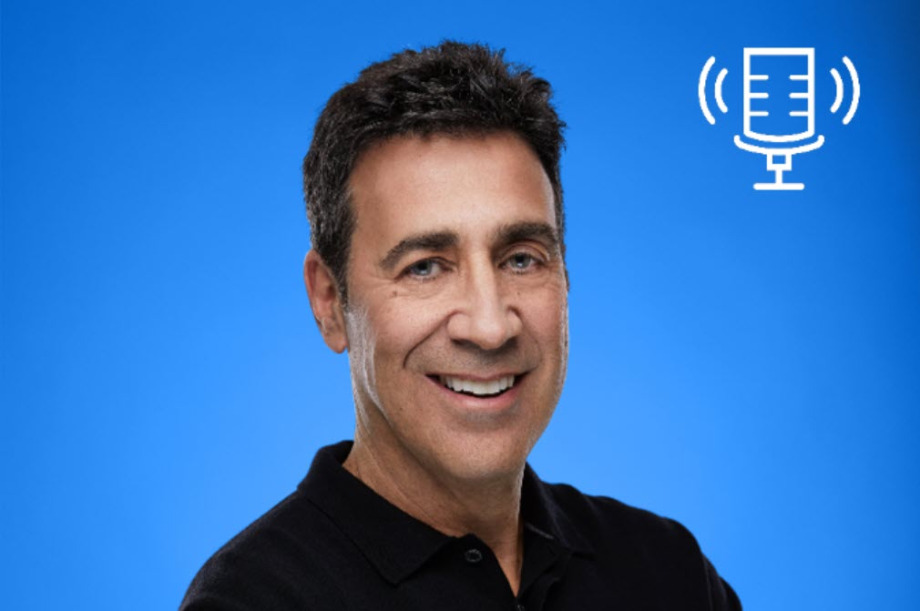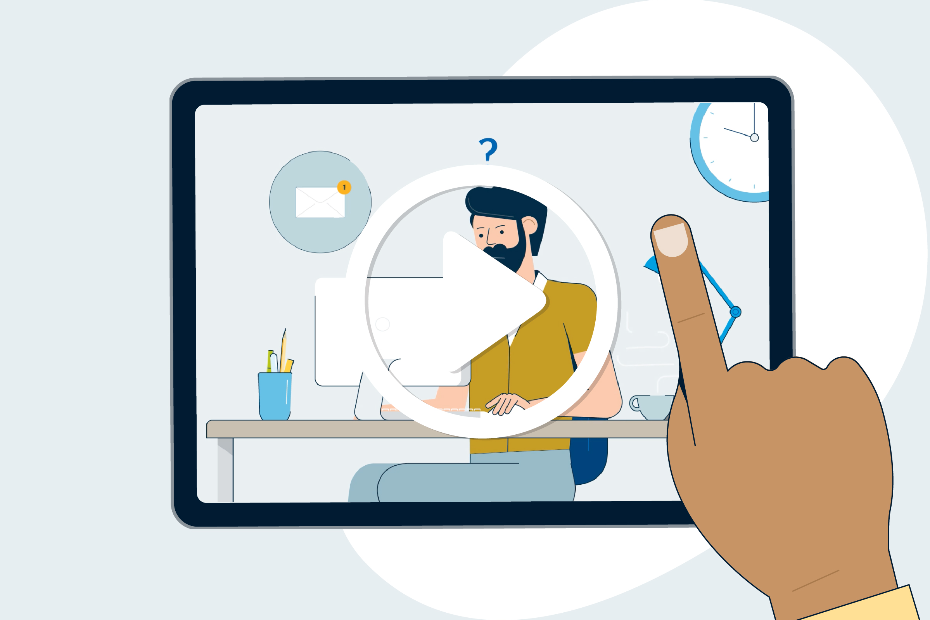“You’re too good for him,” “Wear sunscreen,” “Leather pants? Best to avoid.” But since time travel has yet to be mastered, all you can do is try to impart what you’ve learned to a younger generation.
In a recent sit-down, HGTV Canada’s Bryan and Sarah Baeumler revealed some financial insights they would have liked to have shared with their younger selves
1. Care for Your Future by Planning Early
Picture where you want to be in 10, 20 and 30 years, then map it backwards. How can you get there? Keep in mind that your priorities in the future will likely be different than they are today. By thinking about them and saving early, you’re caring for your future self in a very big way.
For example, you may be happy to rent now, but you might want to buy your own place someday. Or maybe you have an entrepreneurial itch that you’d like to scratch at some point. As Bryan says, “You may not be thinking about home and children now, but why not plan for this scenario so that the options are there for you. One day you may want to go down a different path.”
Saving and investing are big parts of financial self-care, and it doesn’t have to be complicated. There are easy tools available to help you save automatically, such as RBC’s NOMI Find & Save.
2. Do Some Research Yourself
Money can seem like a complicated beast, and trying to wrap your brain around how to best save and invest for the future can feel overwhelming. For example, you might know that a Tax-Free Savings Account (TFSA) can be a great way to save, but you may not know that your TFSA can be made up of cash, mutual funds, GICs or stocks — or any combination of those.
The great news is, there are all sorts of (free) online resources available that make it easier than ever to educate yourself about living for today and saving for the future.
3. Talk to a Professional
You don’t need to have a stockpile of money or any financial know-how whatsoever to sit down with a professional and get guidance on what to do with your income. You don’t even need to be ready to invest to start a conversation. As Sarah Baeumler suggests:
“It’s a great idea to talk to an advisor long before you need something. Just say to them, ‘Hey, in the next five years I might want to do this.’ That way, when you’re actually ready to do it, you’ve learned something, you’ve nurtured the relationship, and taking action is a lot easier.”
Still a bit unsure about sitting down with someone you don’t know? You can try out online tools first. There are several digital services, like MyAdvisor, that give you access to interactive planning tools and help you connect with an advisor if or when you’re ready.
When you’re new to investing, creating your personal vision for the future (both short-term and long-term), equipping yourself with some foundational knowledge and getting support from an advisor can help you feel more confident in your decisions.
As Bryan and Sarah say, “You want the freedom to choose your path.” Even if you don’t yet know what you want in the future, it’s important to start saving now, so that your options are open.
This article is intended as general information only and is not to be relied upon as constituting legal, financial or other professional advice. A professional advisor should be consulted regarding your specific situation. Information presented is believed to be factual and up-to-date but we do not guarantee its accuracy and it should not be regarded as a complete analysis of the subjects discussed. All expressions of opinion reflect the judgment of the authors as of the date of publication and are subject to change. No endorsement of any third parties or their advice, opinions, information, products or services is expressly given or implied by Royal Bank of Canada or any of its affiliates.



















